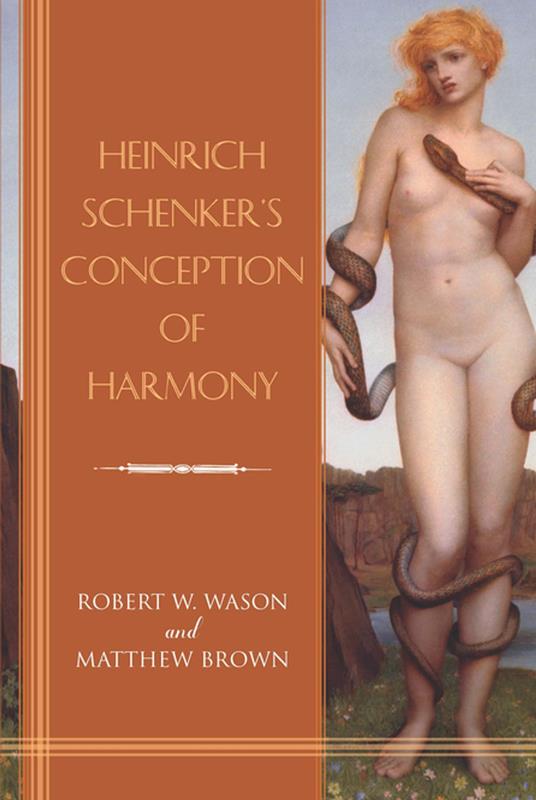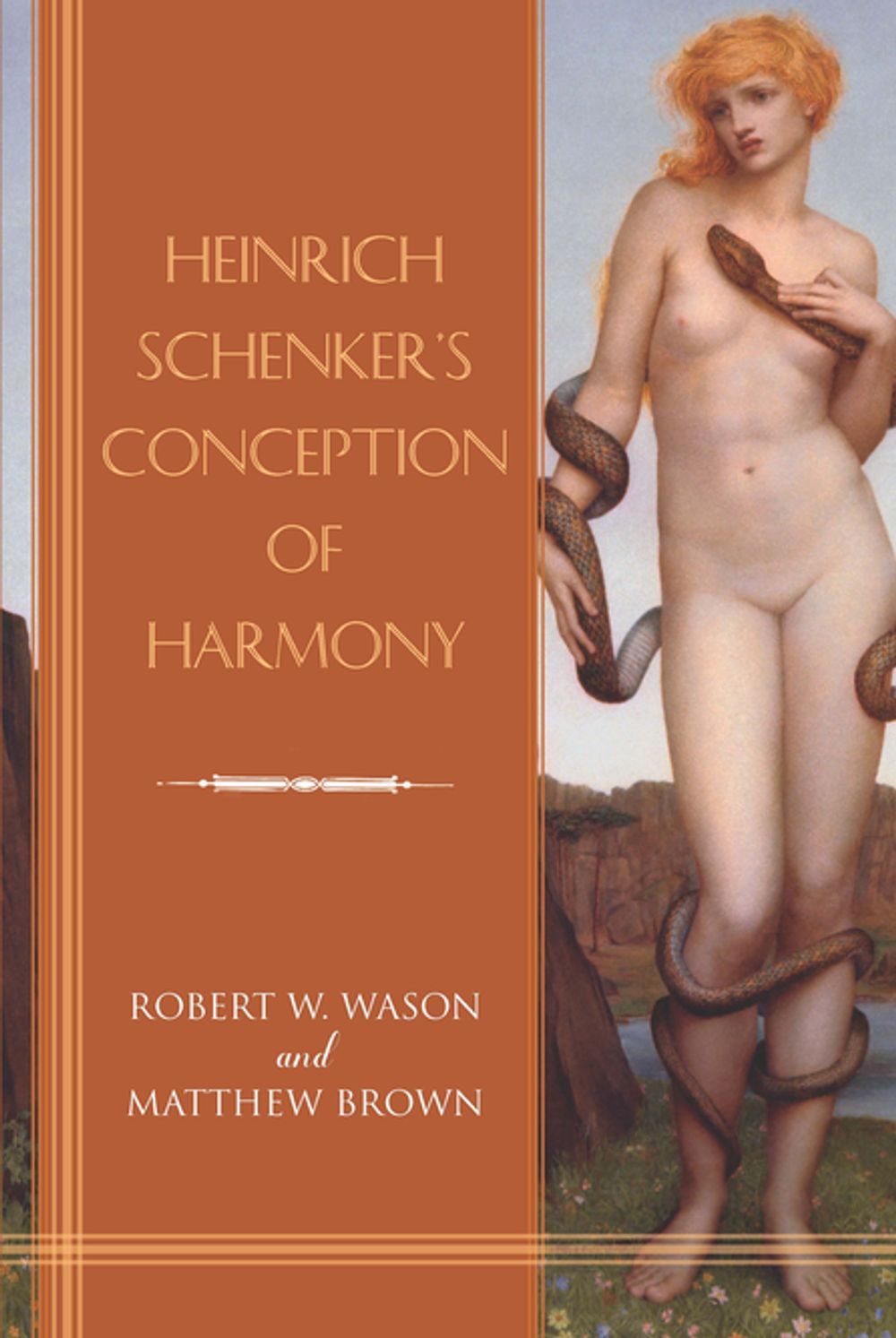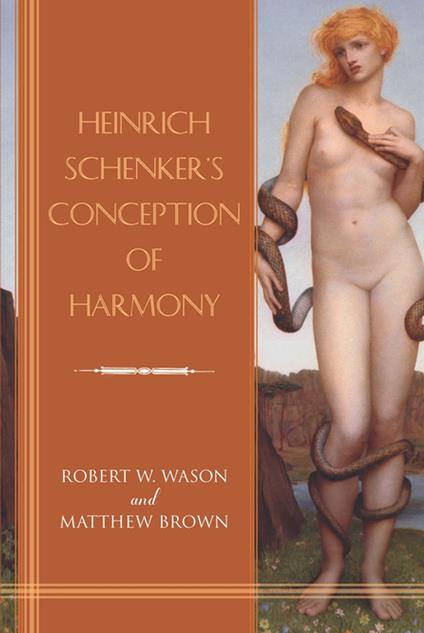Heinrich Schenker's Conception of Harmony
What makes the compositions of Handel, Bach, Haydn, Mozart, Beethoven, Schubert, Schumann, Chopin, and Brahms stand out as great works of art? Heinrich Schenker (1868-1935) set out to answer this question in a series of treatises, beginning with a strikingly original work with the deceptive title Harmonielehre (roughly: Treatise on Harmony, 1906). Whereas other treatises of the period associated harmony with the abstract principles governing chords and chord progressions, Schenker's treated it as the conceptual glue that allowed the individual elements of a work (melodies, motives, chords, counterpoint, etc.) to work together locally and globally. Yet this book,though renowned and much cited, has never been studied systematically and in close detail. Heinrich Schenker's Conception of Harmony approaches Schenker's 1906 treatise as a synthesis of ancient ideas and very new ones. It translates, for the first time, two preparatory essays for Harmonielehre and describes his later views of harmony and the ways in which they influenced and also were ignored by the 1954 edition and translation, entitled simply Harmony. Though problematic, Harmony was the first published translation of a major work by Schenker, inaugurating the study of his writings in postwar America and Britain, where they continue to be highly influential. Robert W. Wason is Professor Emeritus of Music Theory and Affiliate Faculty in Jazz and Contemporary Media at the Eastman School of Music. Matthew Brown is Professor of Music Theory at the Eastman School of Music.
-
Autore:
-
Anno edizione:2020
-
Editore:
-
Formato:
-
Lingua:Inglese
Formato:
Gli eBook venduti da Feltrinelli.it sono in formato ePub e possono essere protetti da Adobe DRM. In caso di download di un file protetto da DRM si otterrà un file in formato .acs, (Adobe Content Server Message), che dovrà essere aperto tramite Adobe Digital Editions e autorizzato tramite un account Adobe, prima di poter essere letto su pc o trasferito su dispositivi compatibili.
Cloud:
Gli eBook venduti da Feltrinelli.it sono sincronizzati automaticamente su tutti i client di lettura Kobo successivamente all’acquisto. Grazie al Cloud Kobo i progressi di lettura, le note, le evidenziazioni vengono salvati e sincronizzati automaticamente su tutti i dispositivi e le APP di lettura Kobo utilizzati per la lettura.
Clicca qui per sapere come scaricare gli ebook utilizzando un pc con sistema operativo Windows



